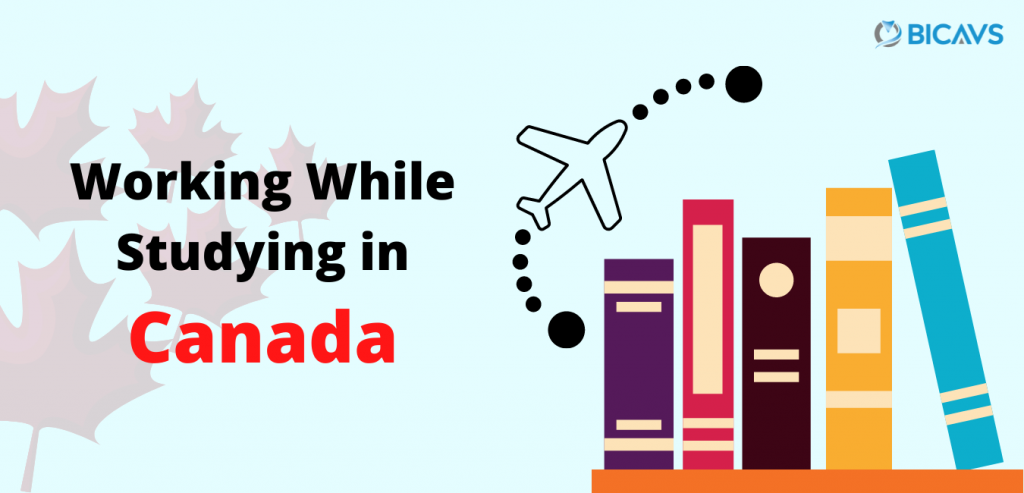As an international student in Canada, you may be able to get a job without a work permit during your studies.
Canada’s immigration policy extends the opportunity to gain valuable work experience to international students who have chosen Canada as their study destination.
Work off-campus
With a valid Canadian Study Permit, an international student may be eligible to work for an employer outside the campus of the educational institution where he or she is registered.
Once eligible for off-campus work, international students may work up to 20 hours per week during regular academic sessions, and full-time during scheduled breaks, such as the winter and summer holidays or spring break.
Eligibility requirements
To be eligible to work off-campus during his or her studies, an international student must:
- hold a valid study permit;
- be studying full-time at a designated learning institution (Visit our dedicated page for a comprehensive Designated Learning Institution (DLI) List);
- have started studying and remain in satisfactory academic standing as determined by their institution;
- be studying in an academic, vocational or professional training program that is at least six months in duration and leads to a degree, diploma or certificate; and
- have a Social Insurance Number (SIN).
If an international student’s situation changes and he or she no longer meets any of the above eligibility requirements, he or she must stop working off-campus.
Sometimes a student who is no longer studying full-time may be able to continue working off-campus if he or she:
- was registered as a full-time student since the beginning of the study program in Canada and;
- is now studying part-time because it is the last semester of his or her study program and a full-time course schedule is no longer required to complete the program of study.
The following international students are not eligible to work off-campus:
- Students enrolled in English as a Second Language (ESL) or French as a Second Language (FSL) program;
- Students taking a general interest course or program; and
- Visiting or exchange students at a designated learning institution.
Immigration Refugees and Citizenship Canada (IRCC) considers a student’s full-time status based on the number of hours and credits allocated towards the completion of a degree, diploma or certificate, as determined by the DLI.
Work on-campus
An international student may be able to work within the boundaries of the campus where he or she is registered if the student meets specific criteria.
For an international student to work on-campus without a work permit, he or she must:
- hold a valid Study Permit;
- have a Social Insurance Number (SIN);
- be registered as a full-time post-secondary student at a:
- public post-secondary schools, such as a college or university, or CEGEP in Quebec
- a private college-level school in Quebec that operates under the same rules as public schools, and is at least 50% funded by government grants, or
- a Canadian private school that can legally award degrees under provincial law
On-campus work includes working for an employer located on the campus grounds of the educational institution where a student is studying.
An on-campus employer includes the school, a faculty member, a student organization, a private business (located within the boundaries of the campus), a private contractor that provides services to the school, and being self-employed on-campus.
Work in Canada as a co-op student or intern
International students pursuing a study program at a DLI in Canada that requires a mandatory work placement or internship must apply for a co-op or intern work permit in addition to a valid study permit.
Learn more about Co-op Work Permits in Canada.
Post-Graduation Work Permits
Once the international student graduates, a Post-Graduation Work Permit may be obtained.
In some cases, spouses or common-law partners of international students studying full-time may be eligible for an open work permit. Visit our dedicated page for information on the advantages of an open work permit.








